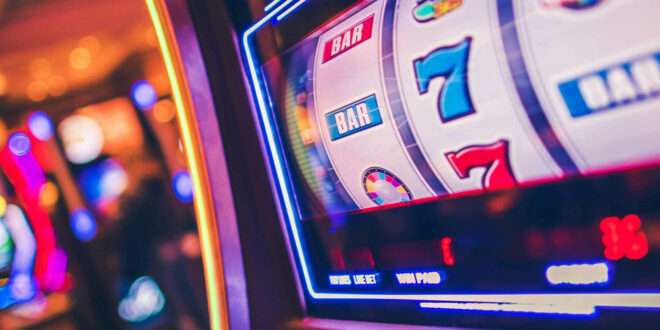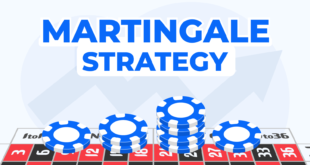As you walk into a casino, the slot machine is the first thing you would play. These machines offer various rewards depending on the type of game. However, getting a jackpot can be difficult. Slot machines are programmed to provide random results on each spin. As a result, getting a jackpot relies on luck and timing.
The good news is that slot machines have straightforward rules. Anyone without experience will understand how the game works. Getting the winnings you desire becomes easier once you are more familiar. Remember, these games are always random.
In this article, we will discuss how slot machines work.
Slot Machines, Explained
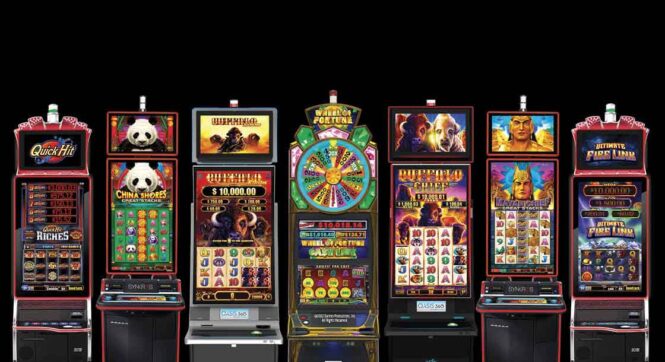
Every player uses casino slot machines to get their winnings. It starts with spinning the reels. As it spins, the machine selects a random number in the system. Most modern slot machines use Random Number Generators (RNG) to prevent rigging. Due to this, all spins are always unique.
When it lands on a specific icon, players can get their payouts. The payout also varies depending on the symbols displayed on the machine. Typically, most slot machines have three reels, but it can increase depending on the type. This makes it tricky to land on icons that hold the highest value. For example, a slot machine follows a paytable, and all icons provide a specific amount. When they line up, you earn your winnings.
What You Should Look Out for in Slot Machines
Slot machines may look easy, but some components change the results. Some of them give different payouts, and they can have lower returns. This is also why players must research before playing a slot machine game.
Here are the factors to consider when playing slot machines:
- House edge – Casinos need money, after all. For games like slots, the house edge can be up to 10% of any winnings. The exact rate varies between casinos, but each implements this rule, so they have a small percentage.
- Slot price – The price of playing slots also varies. Any casino sets the game’s standard, including how much one can bet. For example, the pull price is determined by the casino. If a player bets higher, the payout would be higher. Other factors like demand play into the slot’s price. If the slot machines are underperforming, the casino can lower the price. However, this all depends on the casino’s management.
- RTP rates – The RTP rate stands for Return to Player. It is the average returns a player earns on any slot machine. Here’s another example: if a slot game has a 95% RTP rate, you expect $95 in winnings for every $100 bet. You can ask the casino’s management if no RTP rate is indicated.
- Paytables – The paytable is the list of symbols that appear on any slot machine. It is helpful when you want to win big. The same table will also indicate if one game uses special features or bonuses that can bring more winnings. Some of these symbols include multipliers, wilds, and scatters.
Bet Limits
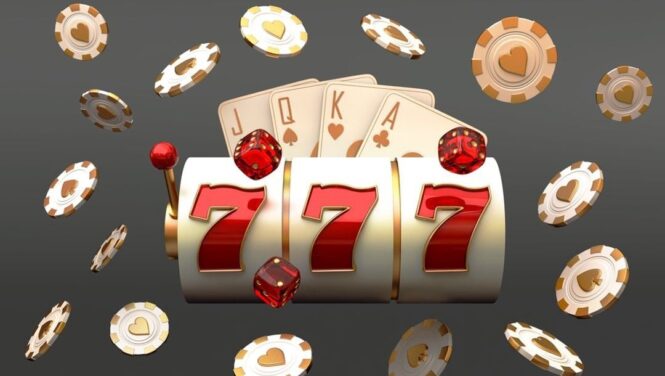
Slot machines often have specified minimum and maximum bet limits. These limits determine the range within which players can wager on each spin. Understanding bet limits is crucial for managing your bankroll effectively. Players should be aware that betting closer to the maximum limit may lead to larger potential payouts, but it also means quicker spending. On the other hand, betting at or near the minimum limit can prolong gameplay but typically results in smaller wins. Carefully consider your budget and playing strategy when choosing how much to bet within these limits to enhance your slot machine experience.
Volatility in Slot Machines
Volatility, also known as variance, describes the risk associated with a particular slot machine game. It can be categorized as high, medium, or low. High volatility slots tend to offer infrequent but substantial payouts, making them suitable for players seeking big wins but willing to endure periods of no or minimal returns. Medium volatility slots offer a balanced mix of small and large wins, making them a popular choice for many players. Low volatility slots provide frequent, smaller wins, ensuring players experience more consistent payouts, albeit usually of a lesser value. Understanding volatility helps players select games that align with their risk tolerance and desired gaming experience.
Progressive Jackpots
Progressive jackpots are a captivating feature in some slot machine games. Unlike fixed jackpots, progressive jackpots grow over time as a portion of each player’s bet contributes to the jackpot pool. This accumulation continues until a fortunate player triggers the jackpot by landing a specific winning combination. Progressive jackpots can reach substantial amounts, often transforming lucky winners into instant millionaires. While the odds of hitting a progressive jackpot are relatively low, the allure of life-changing winnings attracts many players. When playing progressive jackpot slots, be aware that you typically need to bet the maximum amount to qualify for the jackpot, making it essential to understand the game’s rules and requirements.
Bonuses and Free Spins
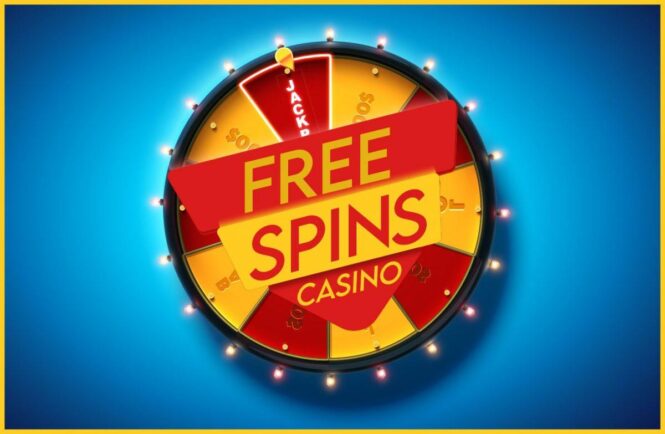
Many casinos offer bonuses and free spins as incentives for players to enjoy slot machine games. These promotions can enhance your gaming experience and potentially boost your winnings. Bonuses often involve matching a portion of your deposit, effectively giving you additional funds to play with. Free spins allow you to spin the reels without using your own money, giving you more opportunities to win. However, it’s essential to read and understand the terms and conditions of these promotions, as they may come with wagering requirements and restrictions.
Wrapping Up
Casino slots are relatively easy to play. They look difficult to play due to the information programmed into the machine. Since it relies on RNG, luck plays a big role in getting your desired winnings. You can review the game’s RTP rates and paytables if you need to review some information. Ultimately, these games provide a unique outcome for every player’s spin.
 Imagup General Magazine 2024
Imagup General Magazine 2024
